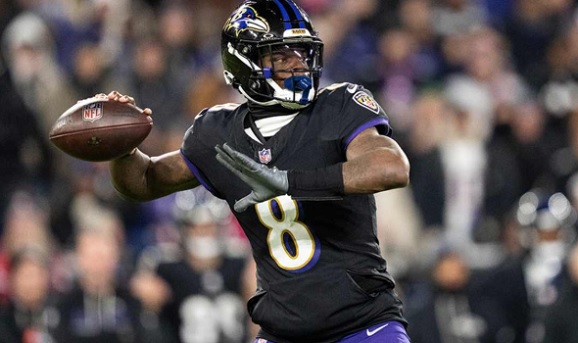Fantasy football and sports betting share a unique connection, both rely heavily on player performance, team dynamics, and statistical analysis. While fantasy leagues are usually played for fun or small prizes, they also serve as a powerful tool for anyone serious about understanding the game on a deeper level. The crossover isn’t accidental; it’s built on the same data-driven foundations that govern success in both.
Building Knowledge Through Player Insights
Fantasy football encourages fans to study every position in detail. From quarterbacks to special teams, every point matters, forcing participants to analyse players’ weekly consistency, injury history, and upcoming matchups. This detailed research often mirrors what professional sports bettors do before placing a wager.
For instance, a fantasy manager who closely monitors a player like Patrick Mahomes or Justin Jefferson quickly learns how offensive line changes, weather conditions, and defensive matchups affect individual output. Such insights naturally translate into betting acumen.
Understanding Matchups and Game Scripts
In fantasy football, success often depends on predicting how a game will unfold. Managers need to know if a team is likely to rely more on the passing game or the run, or if a blowout could lead to backup players getting snaps. The same predictive skill applies directly to betting.
When punters understand how certain defences match up against specific offensive schemes, they can anticipate trends like low-scoring games or high-yardage performances. That level of insight can give bettors an advantage over those who rely solely on headline stats or general team form.
Tracking Trends and Data Analytics
The NFL is increasingly a data-driven sport. Fantasy platforms like ESPN, Yahoo, and Sleeper provide real-time analytics, advanced stats, and player projections that bettors can repurpose to inform their decisions. Learning how to interpret this information is vital, especially when identifying value in betting markets.
For example, a player’s average yards after catch (YAC) or red-zone target rate may not seem significant to casual fans, but can offer critical indicators for over/under markets or touchdown scorers. Engaging with fantasy football on a weekly basis keeps players immersed in this statistical ecosystem, which can be invaluable for spotting patterns before sportsbooks adjust their lines.
The Shared Skill Set
The most successful fantasy players and bettors alike share similar skill sets, data analysis, critical thinking, trend recognition, and long-term strategy. Both require balancing probability and value. Understanding bye weeks, player utilisation rates, and snap counts provides a statistical edge, not just in fantasy but also across various betting markets.
In many ways, fantasy football is an entry-level form of sports betting education. It forces participants to look beyond the scoreboard and into the numbers that determine success. It can help punters assess the latest football betting odds because they already possess the tools to evaluate performance metrics, injury trends, and game situations from their fantasy experience.
Conclusion
Fantasy football isn’t just entertainment, it’s a form of applied analytics. By managing teams, analysing stats, and predicting outcomes, fantasy payers naturally sharpen the same instincts that define successful sports bettors.
While fantasy doesn’t guarantee profits at the sportsbook, it certainly provides a foundation of understanding that can lead to more informed and confident betting decisions. For those who love both the competitive nature of fantasy leagues and the thrill of wagering on football, the overlap offers endless opportunities to learn, improve, and potentially profit from America’s most popular sport.


